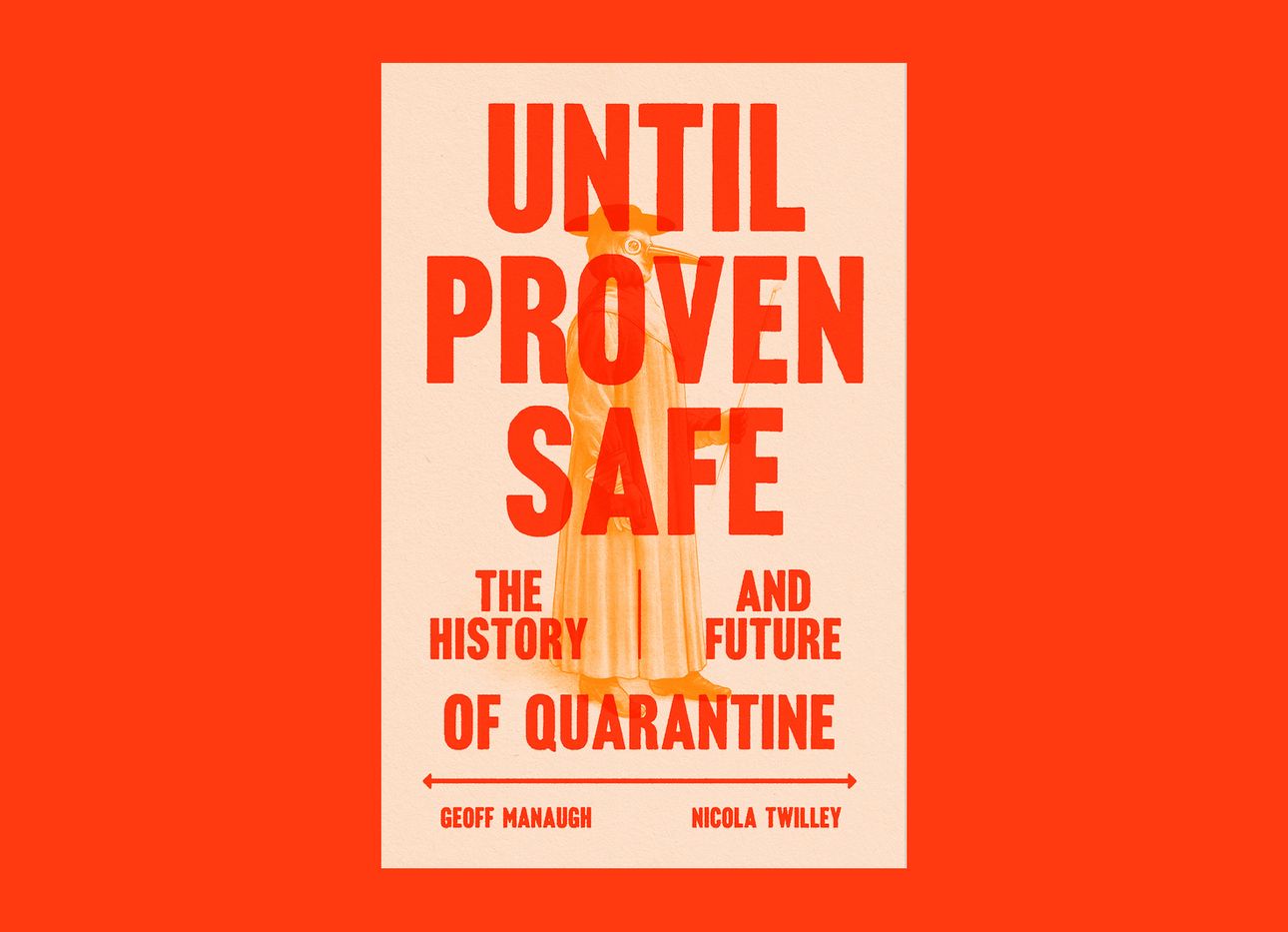
A New Book Explores the Longstanding Practice of Quarantine—and Why It Must Change
The concept for Geoff Manaugh and Nicola Twilley’s new book, Until Proven Safe: The History and Future of Quarantine (MCD), began forming about 12 years ago, when the world looked considerably different from the way it does now. During a trip to Sydney, the husband-and-wife authors (who were the guests on Ep. 33 of our At a Distance podcast) noticed an old quarantine station turned luxury hotel on a picturesque peninsula across the bay. “Our first questions were, What happened to quarantine? What was it for? And is there any chance that we might need to do it again?” Manaugh says. The couple, both veteran journalists, decided to find out.
The origin of the word quarantine traces its roots to medieval Europe, when ships arriving in Venice from ports that were infected by the then-ravaging Black Death plague were forced to sit at anchor for more than a month before landing. The practice became known as quarantine, derived from quarantina, the Italian word for “about 40” (the number of days in a typical period of lockdown). The ways in which people and goods move around the world, Manaugh and Twilley discovered, have been shaped by the act ever since. Their kaleidoscopic, wide-ranging research—which included visiting a nuclear-waste isolation facility beneath the New Mexican desert, touring a new high-level animal-disease research lab in the middle of U.S. cattle country, and speaking with NASA’s Planetary Protection Officers, whose job it is to shield the Earth from extraterrestrial contaminations—revealed that the practice of quarantine is present in many industries, but has remained largely unchanged throughout history.
By the time Manaugh and Twilley reached the end of the project, they “felt so passionately that the same mistakes were being made again and again,” Manaugh says, and to their dismay, “saw them repeated with Covid-19.” Now, the authors argue, quarantine needs to be reframed, reimagined, and redesigned for the future. The past provides a clear record of how to “do quarantine better,” Manaugh continues. “We just haven’t learned those lessons yet, or implemented them.”